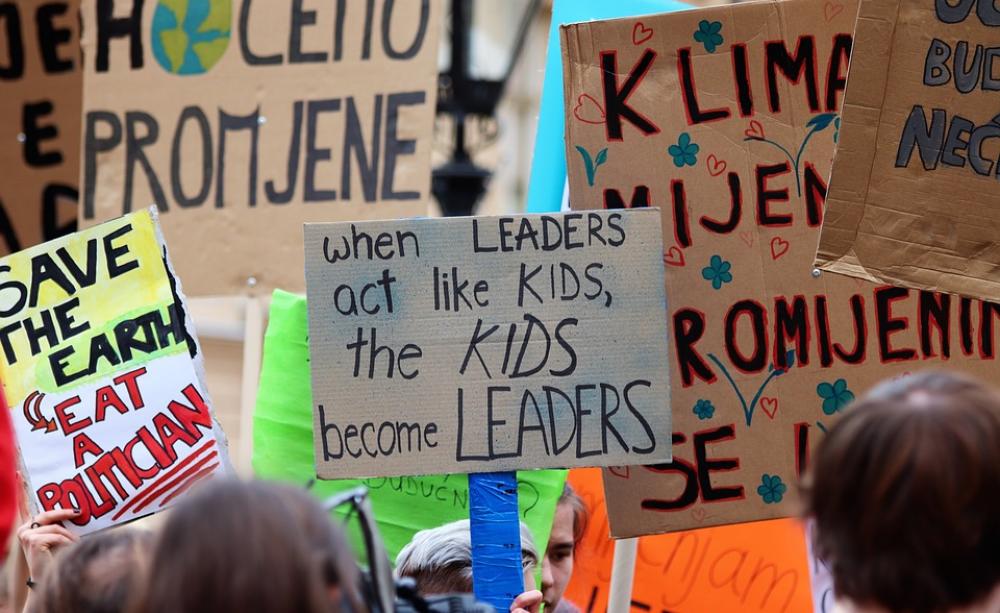The crises provoked by the COVID-19 pandemic have revealed for all what many have long known: the foundations of the wealth and well-being of the world rest upon the sphere of social reproduction and the labor of care. This work is performed primarily by women and, more generally, by people whose work and lives are under-valued and marginalized by sexist, racist, classist, homophobic and ableist ideas and institutions.
Governments around the world have responded to the public health emergency by placing the heavy burden of securing public health on those whose work is to care for others. However, in many countries the public health system (if ever existent) has been so depleted by decades of neoliberalism, austerity and structural adjustment that there is little left to draw from. The privatization of education, health care and basic provisioning services reduces society’s capacity to respond to the crises and increases people’s vulnerability, especially for women, children, migrant workers, refugees, the homeless and immigrant caregivers. This patriarchal and crisis-prone world economy also increases nature’s vulnerabilities through its dependence on growth. As our slogan in the last crisis proclaimed, “your austerity is not our degrowth,” we now reiterate that the pandemic slowdown is not our degrowth. Amid heightened acknowledgment that the production of wealth in the world economy is only possible because of the reproduction of life, health and happiness through the provision of care and the regeneration of nature, we – scholars and activists affiliated with the Feminisms and Degrowth Alliance (FaDA) – declare that the crisis we face as a global community can only be addressed justly, equitably, regeneratively and humanely by way of a feminist degrowth transformation. The resulting injustices are starkly manifest now, and going back to “normal” is not an option, since “normal” was the problem. The pandemic’s disruption of business-as-usual opens new pathways in our ongoing struggle to emancipate ourselves from the growth paradigm that is warming the atmosphere, destroying the biosphere and deepening socio-economic inequalities. In the aftermath of the pandemic, we have the opportunity to reorganize our societies in ways that better promote gender justice and the sustainability of life. To this end, we call for: 1) the recognition, regeneration and strengthening of the spheres of social and ecological reproduction; 2) the abolition of heteronormative legal definitions of kinship, the support for diverse existing arrangements and the regeneration of households belonging convivially to egalitarian communities, with solidarity economies and in sustainable environments; 3) a caring economy that democratizes all dimensions of life, delinks livelihood security from wage-work, equitably revalues both paid and unpaid care work and promotes its gender-just redistribution, for example by the means of a universal basic income and a care income; 4) North-South solidarity, the implementation of UNDRIP, a Global Green New Deal, debt cancellation and the refusal of austerity and structural adjustment. Feminist degrowth envisions just, sustainable and convivial societies brought about by voluntary change. It is rooted in collective decision-making in the production and reproduction of common and public wealth. This crisis calls us to reflect on the priorities of our global economy at large, our daily priorities, and what the alternatives to “back to normal” might be: more time for community, relationship building, and care for the planet and for each other. This piece is collaboratively written by roughly 40 scholars and activists affiliated with the Feminisms and Degrowth Alliance (FaDA). To read the extended version of this statement, see here. Translated versions

School climate strikers in Edinburgh demanded unity and action. My decision to attend and support the Edinburgh School Strike, like my arrival, was late. As I left Waverley Station I listened intently for the sound of protest but the city gave up only its regular sounds; the beat and grind of petrol and diesel engines busy pumping out their invisible death, the whoosh of air b...

Degrowth aims at undoing growth. Undoing growth both at the level of social structures and social imaginaries. Although the focus is very often on the latter, i.e. the “decolonization of imaginaries” as put by Serge Latouche, the degrowth perspective still seems to lack a comprehensive understanding of the role of ideology, the path dependencies and the power that shape these imaginations. Degr...
Placing the notion of technology within a postgrowth setting is like introducing Conchita Wurst to a Vatican congregation. Not any congregation, but the Papal conclave. Not as a surprise guest to cheer everyone up, but as a serious proposal for the next Holy Father – or in this case: the Holy Trinity of the [...]